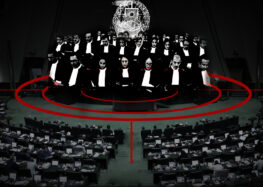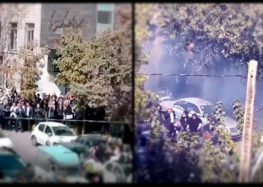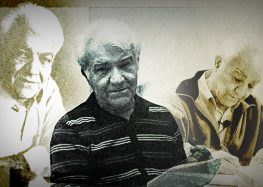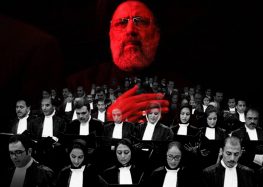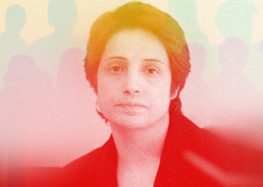Prominent Lawyers Disqualified from Iran’s Bar Association Election
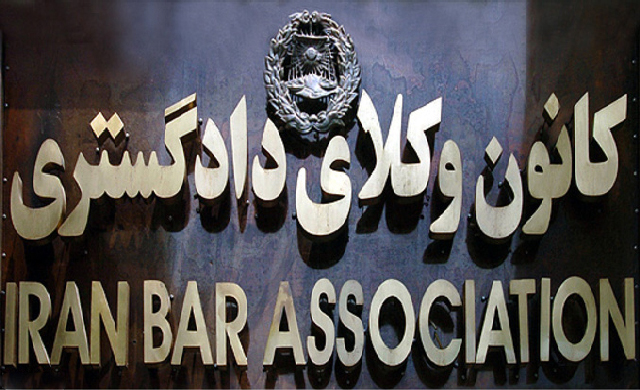
More than two dozen prominent lawyers, including well-known human rights defenders, have been disqualified from running in next month’s election for the Iranian Bar Association’s board of directors.
Judge Hosseinali Nayeri, the head of the Supreme Disciplinary Court for Judges, issued a statement on February 2, 2016 rejecting 25 of the 141 candidacy applications, according to Kaleme, an opposition website.
According to a 1997 law, the Judiciary’s Supreme Disciplinary Court for Judges reviews the qualifications for candidates seeking a seat in the bar association’s board of directors. In this way the Judiciary exerts its influence through a body that claims its independence.
The disqualified include human rights lawyers Farideh Gheirat, Mohammad Saleh Nikbakht, Abdolsamad Khorramshahi, Ramazan Haji Mashhadi, and former Tehran University law professor, Ghasem Sholeh Sadi. The bar association has only published the names of the approved candidates on its website.
“I have all the qualifications listed in sections 2 and 4 of the law to practice as an attorney…I see no logical or professional reason why I have been disqualified,” Farideh Gheirat told the International Campaign for Human Rights in Iran.
“I have been working as a lawyer for 45 years with integrity and I am proud to say I have not had even a single violation,” she added.
This is the third time Gheirat, a well-known legal representative of many women’s rights activists, has been denied the right to run as a candidate for the Iranian Bar Association’s board of directors.
The next election, which occurs every two years, will be held on March 3, 2016 to determine the board’s 18 members from among the remaining 116 approved candidates.
Sholeh Sadi, one of the disqualified lawyers, told the Campaign that the bar association should operate as an independent body and elections for its board of directors should be conducted without the interference of the judicial system.
“Governments want to limit the lawyers’ activities and try to control them,” said the former Member of Parliament who has served time as a political prisoner in Iran.
Sholeh Sadi also noted that he will not be appealing the decision, adding that “Once the Supreme Disciplinary Court for Judges issues a decision, there’s basically no hope.”
“Nothing else can be done when decisions are politically motivated,” he told the Campaign. “I always sign up to become a candidate and usually they reject me. I’ve gotten used to it.”
On April 3, 2011, Sholeh Sadi was sentenced to one-and-a-half years in prison and a ten-year ban on his law and teaching practices on charges of “propaganda against the regime” and “insulting the Supreme Leader” after he wrote a critical letter to Iran’s supreme leader, Ali Khamenei. He was released from prison in August 2012, upon completion of his prison term. Sholeh Sadi registered as an independent to run in the 2013 Iranian presidential election.
The independence of lawyers as well as the Iranian Bar Association have been seriously undermined since the passage of a law in 1997 that imposed several limits and controls on the process for testing and licensing new lawyers.
In February 2014, some 200 lawyers wrote an open letter to President Hassan Rouhani expressing concern about the Judiciary’s attempts to curb their autonomy. They accused the Judiciary of trying to destroy the independence of the legal profession “established by Prime Minister Mohammad Mossadegh more than 70 years ago.”
The Head of the Iranian Judiciary, Sadegh Larijani, denied the charges, claiming that the Judiciary’s supervision over lawyers would not curtail their independence.

